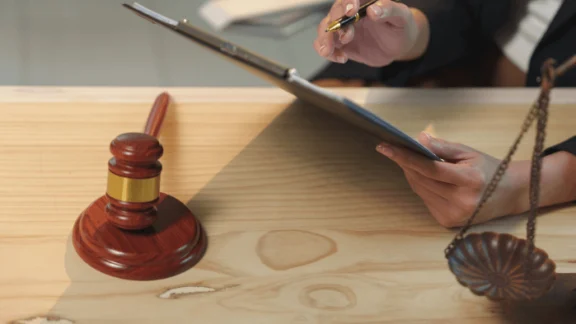If you move in with your unmarried partner who owns the house, in the eyes of the law, you have no automatic right to or stay in the property. However, you may have some rights to the property, if you can prove you have acquired an interest in the property. For example, by making a contribution to the mortgage payments or by making home improvements. You may also have a right to stay in the property in the long term if you have entered into a tenancy agreement, licence to occupy, or a cohabitation agreement (see below for more details).
Your rights to and to stay in the property will also depend on whether you are married or not. If you are married, your legal rights to a house owned by your husband or wife will be protected by matrimonial home rights. Matrimonial home rights mean that you cannot be forced to leave a house which your partner owns. If you are unmarried and moving in with a partner who owns the house, without suitable legal documentation, you may not be entitled to the property or have any rights to stay if you separate in the future.
Cohabitation Agreement
A cohabitation agreement clearly sets out arrangements between people who have agreed to live together. The ultimate aim of a cohabitation agreement is to avoid the potential for a legal disagreement about each party’s beneficial interests in a shared property if cohabitation comes to an end. Such an agreement normally includes each party’s cohabitation rights and responsibilities towards a property and any financial arrangements (e.g. who pays which bills) both during cohabitation and in the event of separation. In particular, cohabitation agreements can be used to define:
- Each party’s legal and beneficial interest in the joint or solely owned property
- Ownership of other property and possessions, including gifts
- Financial arrangements between the cohabiting parties
Cohabitation agreements offer several benefits, including reducing the possibility of future disputes, individual financial autonomy, and preservation of assets.
Each party’s legal and beneficial interest in the property
A cohabitation agreement will normally set out each party’s legal and beneficial interest in the property in which they live. This reduces the likelihood of a disagreement about legal ownership in the event of separation and, therefore, acrimony, cost and uncertainty.
The agreement may include details of:
- Who will live in the property if cohabitation ends
- Who will pay any household and living expenses pending the sale of the property
- How and by whom the property is to be valued
- How the costs of sale are to be paid, and by whom
- How the proceeds of the sale are to be divided
Ownership of other property
Cohabitation agreements can be used to confirm the ownership of other items of property, such as vehicles, possessions, furniture, and art used by the cohabitees, but to be retained by the owner in the event of separation.
Financial arrangements
Cohabitation agreements typically include a range of financial provisions, including:
- Who pays which bills during cohabitation and in the event of separation
- The payment of maintenance by one party to the other to allow them to readjust financially if they later separate. Financial support may also be paid for any children if cohabitation ends
- Whether the parties will have separate and/or joint bank accounts. If a joint bank account is opened, the agreement must set out how it should be managed
- Who is responsible for paying existing and future debts
It is important to ensure that your cohabitation agreement is professionally drafted based on your unique circumstances. To ensure that your agreement is enforceable in the courts, it must be carefully prepared so that it can never be challenged due to possible fraud, duress, undue influence, misrepresentation, errors in the drafting, or illegality. Please speak to our experienced family law team who will review your requirements and interests, and draft a suitable agreement that will safeguard your needs and those of your children should you separate from your partner in the future.
Other considerations
This article only covers the surface of the many considerations that must be factored into a cohabitation agreement. If you are contemplating moving in with your partner in the near future and you do not plan to get married or enter into a civil partnership, we recommend:
- Adding your name to the title deed/mortgage
- Estate planning, including trusts (e.g. a declaration of trust) to ensure that your assets remain in the hands of your family
- Considering what will happen in the event of the death of either party
- How pensions and death in service benefits will be split in the event that cohabitation ends.
- Entering into a separate child arrangement order (CAO) to ensure that the proper arrangements are put in place in the event of separation from your child’s other parent.





